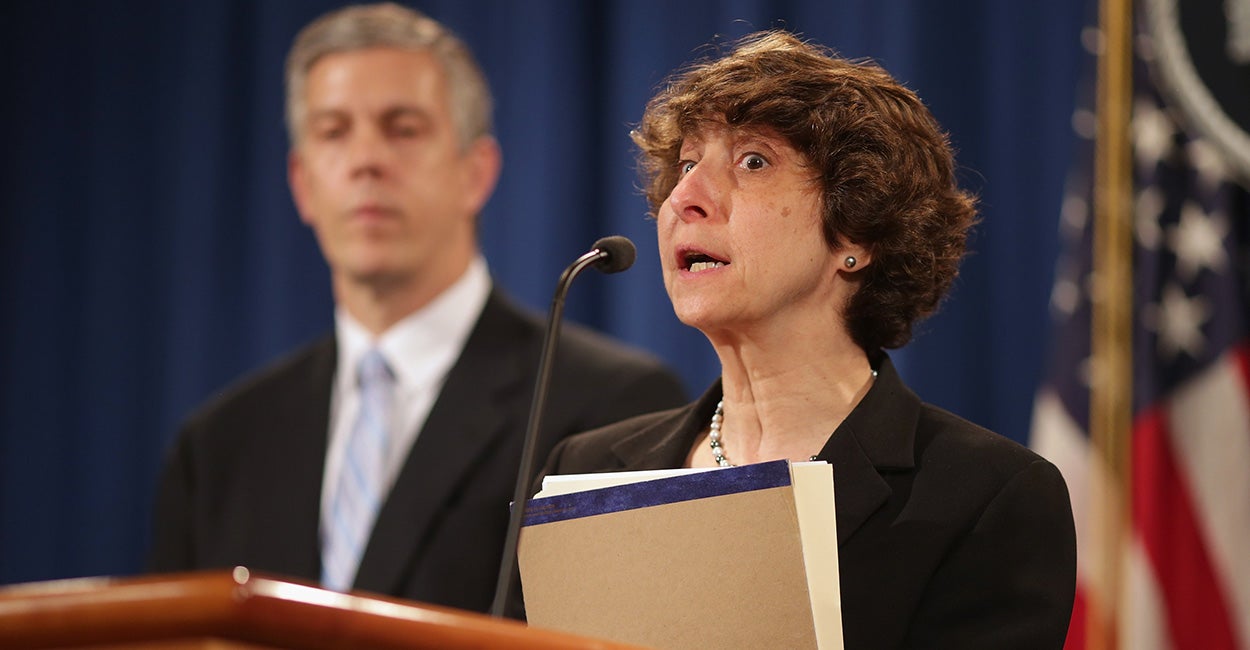How Cardinal Ouellet became a champion of the Synodal Church – LifeSite
(LifeSiteNews) — Marc Ouellet, the former Archbishop of Quebec, has been spoken as a potential successor to Francis, despite being eighty years of age.
The Canadian prelate once enjoyed a reputation as a conservative due to his reputed Marian devotion, his support for clerical celibacy, and his defense of Catholic doctrine on questions such as female ordination, same-sex “marriage,” and abortion. He faced much hostility from liberal clergy and the media in Canada, one of the most aggressively liberal countries in the world.
However, Ouellet has also developed a reputation as a modern day “Vicar of Bray” who adapts his public expressions to whatever he thinks will be pleasing to the Vatican. Under John Paul II and Benedict XVI, he made “conservative” noises, but under Francis, he aligned openly with liberalism and modernism. This includes publishing a book promoting “synodality” and the “Synodal Church,” being a prime mover in the suppression of the traditional liturgy, and defending Amoris Laetitia and the veneration of Pachamama.
The evidence provided below raises sufficient doubts about his orthodoxy that, without a full profession of the Catholic faith and the retraction of errors he has explicitly or implicitly supported, it seems impossible that he could be regarded as eligible for election to the papacy. The principles which allow us to reach this conclusion are set out here.
- Support for Amoris Laetitia
In 2017, Ouellet condemned what he called the “alarmist interpretation” that saw Amoris Laetitia as a “break with tradition.” He has said that it is “simplistic and outrageous” to condemn the document “because of one footnote.” That is, Ouellet holds that one cannot condemn Amoris Laetitia simply because it promotes sacrilegious reception of the Body, Blood, Soul and Divinity of Our Lord Jesus Christ. In this way he clearly distanced himself from the dubia that had been submitted to Rome by four cardinals during the previous year, and signalled his conformity to the program of Francis, whose teaching in Amoris Laetitia he said was official, “even normative.”
Ouellet regards Amoris Laetitia as the “remarkable result” of “two years of consultation, reflection and discernment.” He stated that it was “especially urgent and needed in Canada” and that we must re-read Amoris Laetitia in a “spirit of pastoral conversion,” and with “receptivity to papal teaching”.
Amoris Laetitia contains at least seven heresies and instituted a practice of systematic desecration of the Blessed Sacrament. Adhering to the doctrine of Amoris Laetitia is incompatible with the public profession of the Catholic faith.
- Support for ‘synodality’ and the ‘Synodal Church’
In 2024 Ouellet published a book entitled Word, Sacrament, Charism: Risks and Opportunities of a Synodal Church. At a press conference launching the book he said: “The church is experiencing a moment of listening to the Holy Spirit.”
He said, “one must thank Pope Francis for boldly reopening the debate on Catholic ecclesiology along the lines drawn by the Second Vatican Ecumenical Council.” Francis, he claimed, “has found a way to bring the extremes together one after the other and to project the Church forward, starting with a vast operation of listening and dialogue aimed at building a more synodal Church together.”
In this address he also expressed his own move into conformity with the relativistic morality of Francis, as manifested in Amoris Laetitia and Fiducia Supplicans:
At Pope Francis’ Ignatian school, we are slowly learning about the importance of discernment. It is a very important and complex process where it is not enough to know the doctrine or the law well. One must also learn to discern the presence of the Spirit. For a more open church leadership to the Holy Spirit, who is working in every situation. He helps people who pray and listen so that they automatically know how to apply the rules in a way that fits them and their moral or spiritual possibilities. For a more open ecclesial governance to the Holy Spirit, who is at work in every situation, since He enlightens the praying and attentive person so that they instinctively know how to apply the norms in a fitting and flexible way in relation to the concrete moral or spiritual possibilities of individuals and communities.
He concluded by lauding the “great synodal movement that is spreading throughout the entire Church.”
- Support for the Pachamama apostasy
Ouellet permitted his titular church in Rome, that of Santa Maria in Traspontina, to be used for the pagan rituals in honor of Pachamama, an Amazonian idol.
On October 4 Francis welcomed the idol of Pachamama to the Vatican gardens; during the ceremony some clerics prostrated themselves before the idol. Ouellet said of this act of apostasy: “[it] did not bother me.”
- Suppression of the received rites of the Roman Church
Vatican expert Diane Montagna has reported that Ouellet was a driving force behind Traditionis Custodes. She wrote:
According to reliable sources, Cardinal Parolin, Cardinal Ouellet and Cardinal Versaldi were leading the discussion and piloting it in a definite direction.
In his own diocese he imposed the regular celebration of the new order of the Mass on a community of nuns, the Dominicans of the Holy Spirit, who had retained the old rite since 1969.
Ouellet was fined by a French court following what the court described as the “infamous and vexatious” expulsion of a nun from the community without her having committed “the slightest offense.” The nun was an opponent of his subversion of the order.
LifeSiteNews’s coverage of this episode can be found here and here.
- Ambiguous position on female ordination
Ouellet once had a reputation for orthodoxy on this issue. However, as on other issues, under Francis his position seems to have shifted.
LifeSiteNews reported the following in April 2021:
The Vatican today announced a three-day symposium entitled ‘for a fundamental theology of the priesthood,’ due to be held next February. The event looks to examine the relation between the ordained priesthood and the priesthood of the faithful, and will potentially undermine traditional teaching regarding the sacrament of holy orders: Cardinal Marc Ouellet refused to rule out the discussion of female deacons or priestly celibacy at the symposium.
The report continued:
Announcing the symposium, Cardinal Ouellet, prefect of the Congregation for Bishops, declared that the conference would further Pope Francis’s desire for ‘synodality,’ building on themes proposed by the Second Vatican Council, and revealing that topics such as female deacons and clerical celibacy would also be discussed.
The following was reported about Ouellet’s presentation:
In light of the lack of priestly vocations, Ouellet noted that a key focus of the symposium would be the relation between the laity and the ordained clergy.
Describing the link between Christ’s priesthood and the Church’s participation in this, as a “crucial question for our time,” Ouellet commented that it could only be understood by examining the “fundamental relationship between the priesthood of the baptized, which the Second Vatican Council has enhanced, and the priesthood of ministers, bishops and priests, which the Catholic Church has always affirmed and specified.”
This “rapport” would require “pastoral readjustments,” involving “ecumenical questions not to be ignored, as well as the cultural movements that question the place of women in the Church,” explained the then-75-year-old.
Conclusions
Under the purported pontificate of Francis, Ouellet shifted from expressing generally conservative positions, to giving enthusiastic support to the radical agenda of Francis. His support for Amoris Laetitia and for the building of a “Synodal Church” made his allegiance plain. Unless, and until, he rejects these errors, and returns to the full profession of the Catholic faith, it is difficult to see how he could be regarded as eligible for election as the visible head of the Catholic Church.















